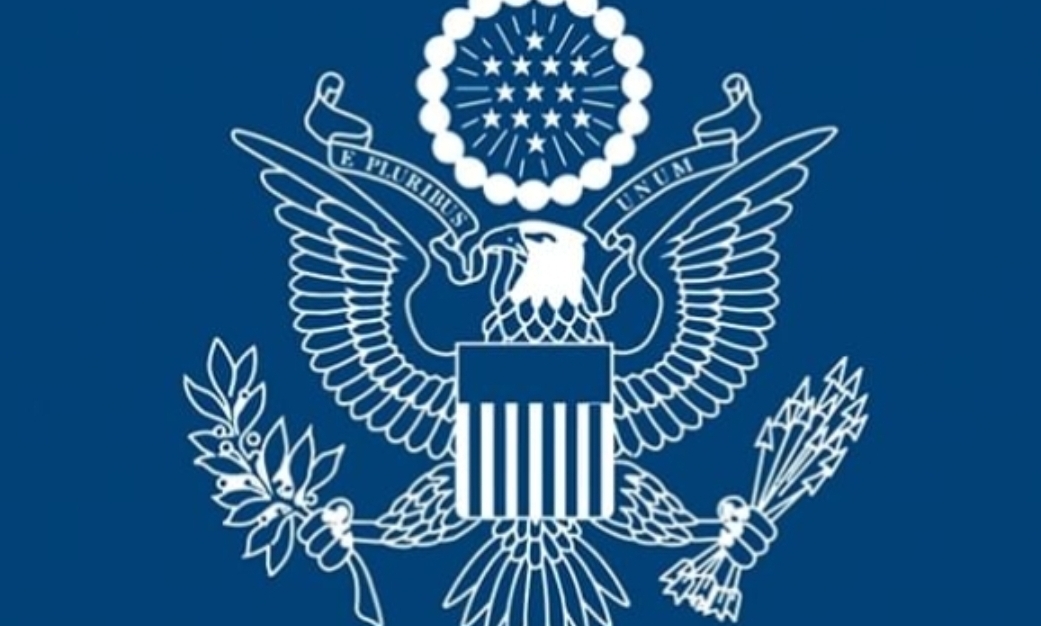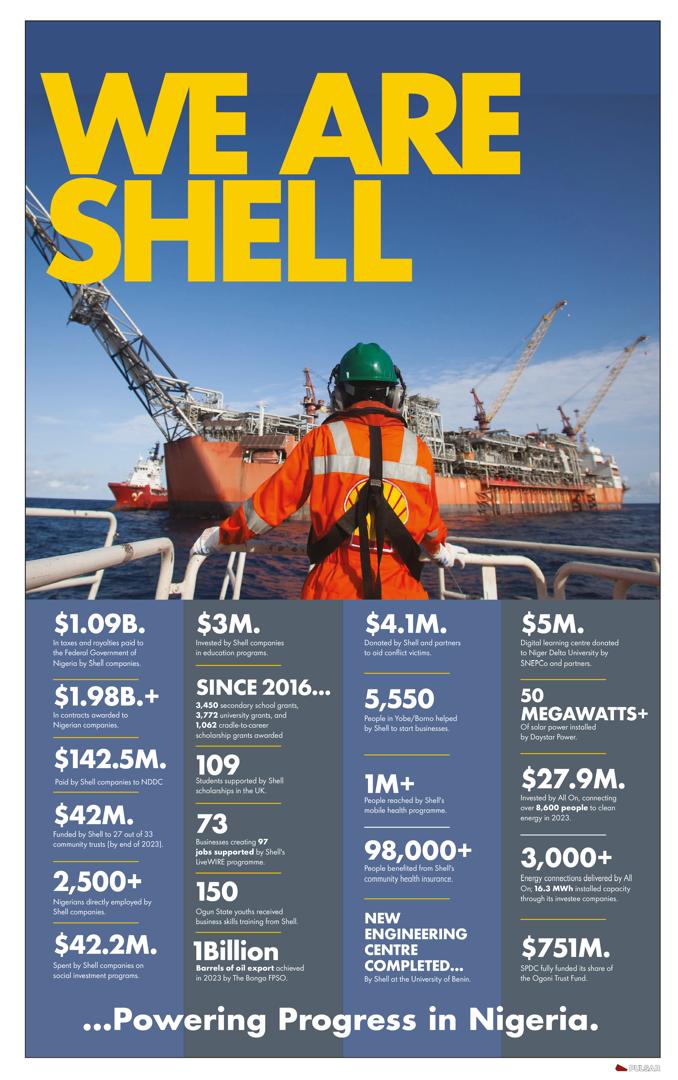EXCITING NEWS: TNG WhatsApp Channel is LIVE…
Subscribe for FREE to get LIVE NEWS UPDATE. Click here to subscribe!
The U.S. government has announced an increment for its non-migrant visa application fee effective from March 30.
The U.S. Mission in Nigeria, which said this in a statement on Wednesday in Abuja, disclosed that the increases were published in the Federal Register on March 28.
According to the U.S. government, the changes is in line with the Department of State’s commitment to facilitating legitimate travel to the United States for both immigrant and nonimmigrant travellers.
“The Department of State published a Final Rule regarding increases to certain non-immigrant visa application (NIV) processing fees and the Border Crossing Card (BCC) for Mexican citizens age 15 and over.
“These increases were published in the Federal Register on March 28, 2023 and will be effective on May 30, 2023.
“The fee for visitor visas for business or tourism (B1/B2s and BCCs), and other non-petition based NIVs such as student and exchange visitor visas, will increase from 160 dollars to 185 dollars,” it stated.
The mission said that the fee for certain petition-based non-immigrant visas for temporary workers (H, L, O, P, Q, and R categories) would increase from 190 dollars to 205 dollars.
“The fee for a treaty trader, treaty investor, and treaty applicants in a specialty occupation (E category) will increase from 205 dollars to 315 dollars.
“NIV fees are set based on the actual cost of providing NIV services and are determined after conducting a study of the cost of these services
“The Department uses an Activity-Based Costing (ABC) methodology to calculate, annually, the cost of providing consular services, including visa services.
“The fees for most non-petition based NIVs were last updated in 2012, and certain other NIV fees were last updated in 2014,” it stated.
According to the mission, other consular fees are not affected by this rule, including the waiver of the two-year residency required fee for certain exchange visitors.
“The U.S. government also noted that Visas for work and tourism are essential to President Biden’s foreign policy, recognising the critical role international travel plays in the U.S. economy.
“Fee information can be found on the Bureau of Consular Affairs website, travel.state.gov, and on the websites of U.S. embassies and consulates,” it stated.
Read full statement below:
The Department of State is committed to facilitating legitimate travel to the United States for both immigrant and nonimmigrant travellers.
The Department of State published a Final Rule regarding increases to certain nonimmigrant visa application (NIV) processing fees and the Border Crossing Card (BCC) for Mexican citizens age 15 and over.
These increases were published in the Federal Register on March 28, 2023 and will be effective on May 30, 2023. The fee for visitor visas for business or tourism (B1/B2s and BCCs), and other non-petition based NIVs such as student and exchange visitor visas, will increase from $160 to $185.
The fee for certain petition-based nonimmigrant visas for temporary workers (H, L, O, P, Q, and R categories) will increase from $190 to $205. The fee for a treaty trader, treaty investor, and treaty applicants in a specialty occupation (E category) will increase from $205 to $315.
NIV fees are set based on the actual cost of providing NIV services and are determined after conducting a study of the cost of these services. The Department uses an Activity-Based Costing (ABC) methodology to calculate, annually, the cost of providing consular services, including visa services. The fees for most non-petition based NIVs were last updated in 2012, and certain other NIV fees were last updated in 2014.
Other consular fees are not affected by this rule, including the waiver of the two-year residency required fee for certain exchange visitors.
Visas for work and tourism are essential to President Biden’s foreign policy, and we recognize the critical role international travel plays in the U.S. economy.
Fee information can be found on the Bureau of Consular Affairs website, travel.state.gov, and on the websites of U.S. embassies and consulates.









